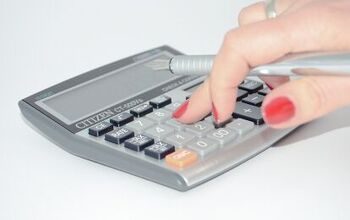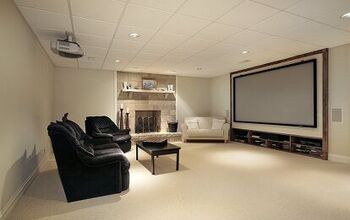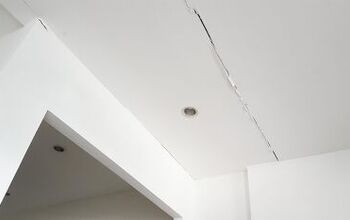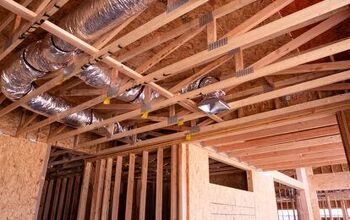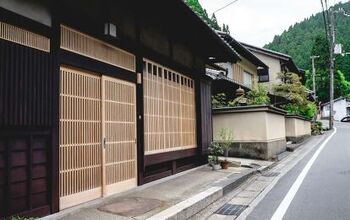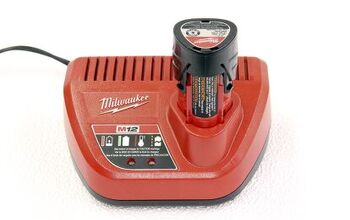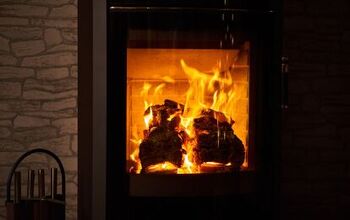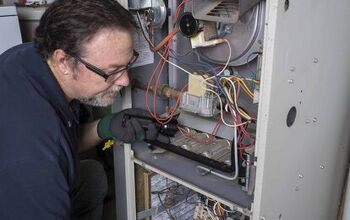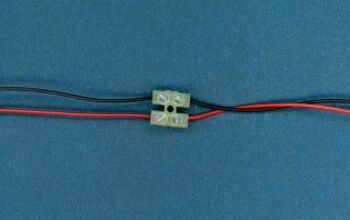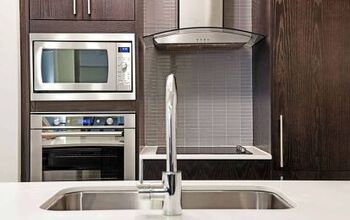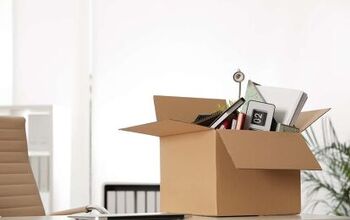I Accidentally Overfed My Fish

Feeding your fish is harder than it seems. You have to worry about underfeeding, overfeeding, and choosing the right food. So, what should I do if I accidentally overfed my fish?
Remove the uneaten food from the tank within 10 minutes if you accidentally overfeed your fish. This will ensure it doesn’t decompose and increase the nitrate level in the tank. You must also adjust how much and how often you feed your fish, so they don’t become overweight. Avoid overfeeding your fish, so algae won’t grow in the tank.
Your fish will become accustomed to extra food if you feed them too much at once. This will throw off their diet and can cause health problems. Luckily, it’s not usually a serious problem. Follow along as we highlight what to do if you accidentally overfed your fish.
What Happens If You Accidentally Overfeed Your Fish?
Accidentally overfeeding your fish isn’t the end of the world, but it can stress them out. Whether it be weight gain or algae, several health issues can result from overfeeding. Let’s look at what you could expect if you accidentally overfed your fish.
1. Your Fish Can Become Stressed
Your fish can become stressed if they eat too much due to overfeeding. That said, they are unlikely to die or even suffer major health consequences. However, the overly full feeling can stress them out and make their energy dip.
You may notice that they become more lethargic than usual. This is no reason to panic unless they display other signs of illness, such as color changes. Watch your overfed fish closely to see if they stick close to the bottom or the top of the tank.
That can indicate that they are either stressed, tired, or desperate for oxygen. This will pass quickly in most cases, and it’s rarely a serious problem. Fish typically can’t even eat the extra food in the tank, and the food will likely float to the bottom.
2. Nitrate Levels Rise
It’s quite hard for your fish to eat all the food you put in the tank when you accidentally give them too much. That’s why most of it will likely fall and settle at the bottom of the tank. This may seem innocent, but it can cause major nitrogen problems for your fish.
Uneaten food eventually decomposes, and that can cause the nitrate levels to rise within your tank. That can stunt the growth of the fish in your tank and ultimately stress them out. It can also damage the internal organs of the fish in your tank.
Dead plants in your tank can also make the nitrate levels rise dangerously high. Of course, overly low nitrate levels can also harm the fish in your tank as well, so it’s important to find a balance.
3. Algae May Grow
Uneaten food can raise nitrate levels, and it can also increase the phosphates in your tank. That can cause algae to grow in your tank. Algae not only looks bad, but it can also harm your fish and reduce their oxygen levels.
A small amount of algae isn’t necessarily bad for your fish tank. However, algae blooms can spread quickly, and that can become hard to control. You may notice small algae blooms after you accidentally overfeed your fish.
That’s why you must remove the uneaten food from the bottom of the tank after 10 minutes. This can be quite annoying if you have a deep tank, but it’s necessary. Use a scrub pad to remove algae as you find it before it spreads further. It also helps to turn the lights in your tank off after 6-12 hours to reduce the chances of algae growth.
4. Their Eating Habits Will Change
Overfeeding your fish may train them to believe they should eat more food than they need. The only way to curb this habit is to reduce how much you feed them. You only need to feed fish up to 2-3 times per day, and they don’t typically need too much at once.
Pour enough food into the tank so that they can eat it all in 3 minutes or less. Watch your fish closely when you feed them to see how quickly they eat it. It’s also important to monitor how much of the food falls to the bottom of the tank.
Adjust the feeding amount accordingly based on their eating speed and whether they touch the food at the bottom. Reduce the amount of food you provide if they don’t touch the food at the bottom of the tank. Otherwise, you will only waste food and train your fish to crave more than they need.
5. They Can Become Overweight
Overweight fish are often unhealthy, and that can happen if you regularly overfeed them. This won’t happen right away if you just overfeed your fish by accident. However, frequent overfeeding will make them gain too much weight and drop their energy level.
This can also make them less active than usual. Pay attention to how quickly and far they swim throughout the tank. Chances are they will no longer swim the entire length of the tank if they are frequently full and overweight.
Reduce their meal sizes and add tunnels, caves, and plants to the tank to make them more active. Not only will this help them lose weight, but your fish tank will look better.
How To Avoid Overfeeding Your Fish
The best way to avoid overfeeding your fish is to start small. Pour a little bit of food into the tank then wait and watch them for 2 minutes. Add just a little bit more food if they finish the food quickly in under 2 minutes.
Another great way to avoid overfeeding is to make them wait longer between feedings sometimes. For example, this works best when you notice they aren’t overly active that day. This will encourage them to become more active, which should get them ready for healthy feeding.
That ensures that their digestive systems should be largely empty when you finally feed them. Of course, you should never starve your fish as it’s inhumane and can cause health problems. It’s also important to look into the dietary needs of your fish. Some fish may only need food once per day, so it’s a great idea to research them online.
Summing It Up
The nitrate levels in your fish tank will likely rise if you accidentally overfeed your fish. That’s because uneaten food will sink to the tank floor and decompose. Your fish may also become overweight, and they may become accustomed to eating too much food. Only feed your fish enough food so they can finish it within 2-3 minutes to avoid overfeeding.
Related Guides:

Nick Durante is a professional writer with a primary focus on home improvement. When he is not writing about home improvement or taking on projects around the house, he likes to read and create art. He is always looking towards the newest trends in home improvement.
More by Nick Durante



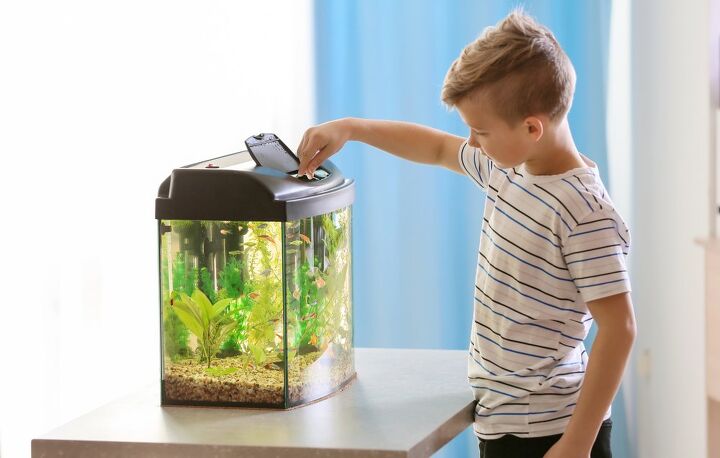








![The 5 Best Angle Grinders – [2022 Reviews & Buyer's Guide]](https://cdn-fastly.upgradedhome.com/media/2023/07/31/9071326/the-5-best-angle-grinders-2022-reviews-buyer-s-guide.jpg?size=350x220)

